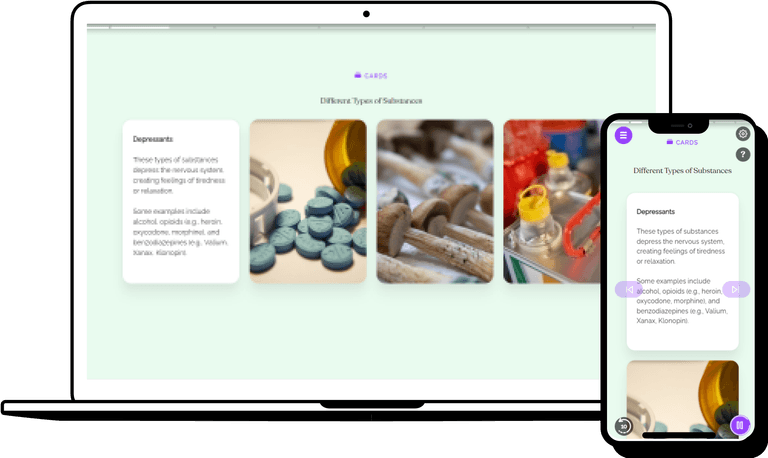PCI DSS Best Practices for individuals
Explore the Payment Card Industry Data Security Standard (PCI DSS) and its significance for individuals in protecting sensitive payment card information.

Importance of PCI DSS for Individuals
PCI DSS sets a robust framework to safeguard sensitive cardholder data and prevent potential security breaches. By adhering to PCI DSS guidelines, individuals can actively contribute to their own data security, reducing the risk of credit card fraud and unauthorized access to their payment card information. Compliance with PCI DSS ensures that individuals can enjoy safer and more secure financial transactions, fostering trust in the payment card ecosystem and promoting responsible card usage for a worry-free financial experience.

Here are three PCI DSS best practices for individuals to ensure the security of their payment card information:
When making online purchases or payments, ensure that you use secure and reputable websites. Look for "https://" in the website URL, indicating a secure connection, and verify the website's SSL certificate. Avoid entering your payment card information on unsecured or unfamiliar websites to reduce the risk of data breaches.
Avoid sharing your payment card details, such as the card number, CVV, and PIN, with anyone. Keep this information confidential and secure. Be cautious of phishing attempts, where scammers may try to trick you into revealing sensitive card data through fraudulent emails or websites.
Take the time to review your bank and credit card statements regularly. By doing so, you can promptly identify any unauthorized transactions or suspicious activities. If you notice anything unusual, report it to your card issuer immediately to prevent potential fraud.
Identifying PCI DSS Red Flags
Identifying and addressing potential risks is paramount in ensuring the security and compliance of payment card transactions with PCI DSS (Payment Card Industry Data Security Standard).
Here are some myths to look out for:
- -
Unencrypted Cardholder Data
- -
Weak Password Policies
- -
Lack of Security Updates
- -
Suspicious Network Activity
- -
Absence of Logging and Monitoring

Implementing Best Practices through PCI DSS Training
Gain the expertise needed to implement best practices, protect cardholder data, and maintain compliance effortlessly. With EasyLlama's user-friendly platform and interactive modules, you'll equip your team with the knowledge to fortify your data security measures and foster a culture of data protection. Let EasyLlama pave the way to a safer and more confident payment processing environment for your organization.

Helping over 8,000 organizations create a safer, more productive workplace
The goal of this training is to educate employers and employees on their rights and responsibilities when it comes to PCI DSS in the workplace. This course covers:





















